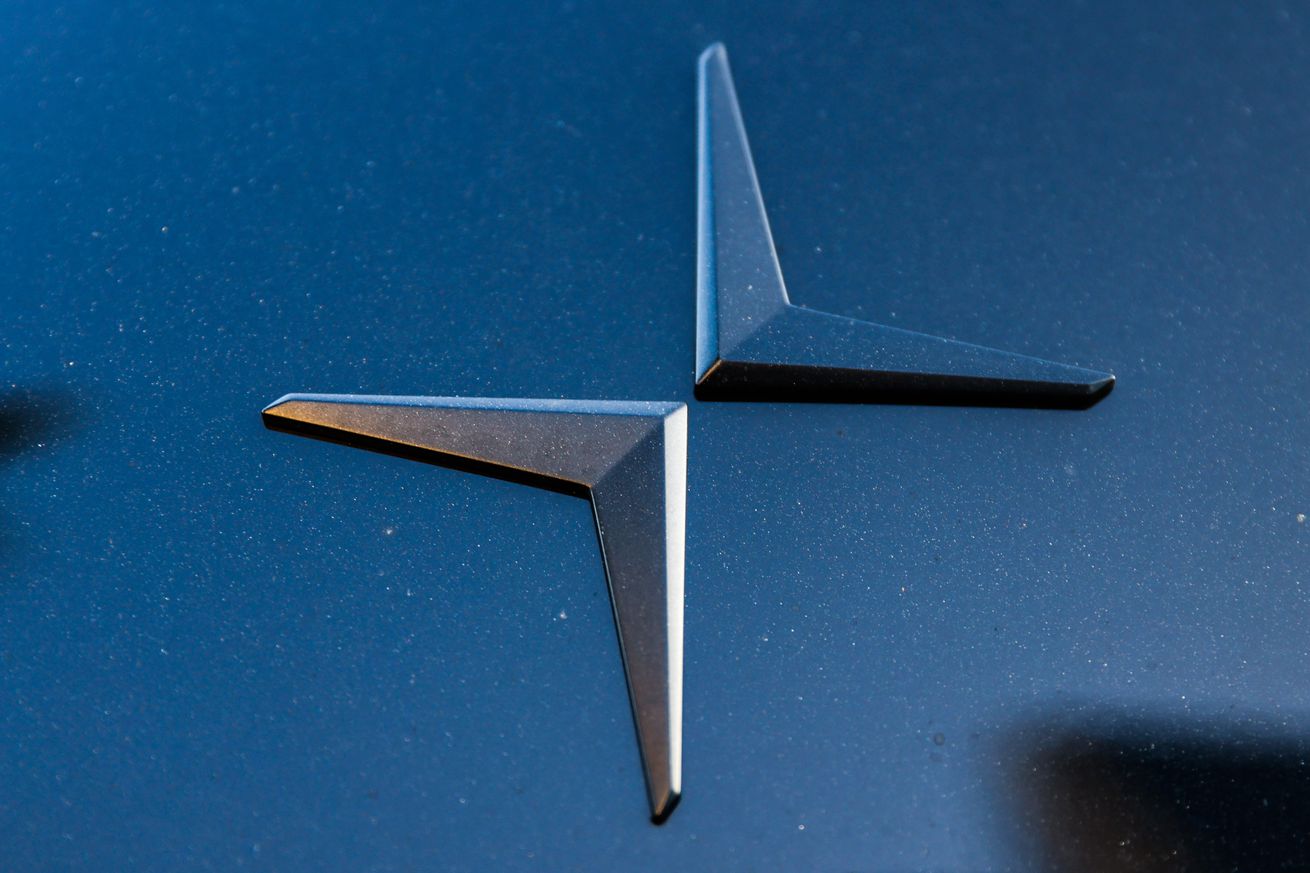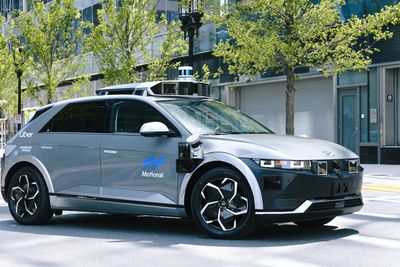
It’s not you, it’s the interest rates.
The reasons are probably more nuanced than that, but a number of prominent car tech companies are finding themselves in the unenviable position of being dumped by the bigger companies that they’ve relied on for funding. It’s especially harsh when you consider we’re a few weeks away from Valentine’s Day.
It started earlier this week, when auto parts giant Aptiv said it was pulling funding from Motional, the robotaxi joint venture it started with Hyundai in 2020. The reason? Money, of course. And how long it was taking to commercialize the technology.
Aptiv said it was incurring millions of dollars in losses while waiting for Motional to launch its fully driverless ridehail vehicles. The company needed to staunch the bleeding.

Image: Uber / Motional
“While our Motional joint venture continues to make progress on their technology roadmap, we’ve decided to no longer allocate capital to Motional and are pursuing alternatives to further reduce our ownership interest,” Aptiv CEO Kevin Clark said in an earnings call Wednesday.
The next dumpee was Polestar, the Swedish electric performance brand, which found itself getting the “we’re growing apart” speech from Volvo. Volvo said it was handing over funding responsibility for Polestar to its Chinese parent company Geely — which is the equivalent of telling your ex you still want to be friends.
This came at a particularly rough moment for Polestar, which just announced its plans to layoff around 450 employees, or around 15 percent of its workforce, due to “challenging market conditions.”

This is true for any techy car company these days, even the ones run by Elon Musk. High interest rates and softening demand for EVs has spurred automakers to pause or pull back a lot of their funding commitments for the future. Autonomous vehicles are running into all manner of obstacles — and sometimes pedestrians — in their increasingly fraught quest to convince people the technology is safe and reliable.
In addition to Motional, a bunch of other AV companies have been dumped or defunded by their sugar daddies. Argo.ai was dropped by Volkswagen and Ford. General Motors said this week it was decreasing its investment in embattled Cruise by about $1 billion to “slow the cash burn.” (Cruise, which is a wholly owned subsidiary of GM, lost a staggering $3.45 billion in 2023.)
But even though it was downsizing its support for Cruise, GM says it remains committed to the company, despite facing two federal probes over an incident in which one of its driverless cars injured a pedestrian last year. GM CEO Mary Barra said the company will “refocus and relaunch” Cruise later this year. Is that the same as being friend-zoned? Or is GM saying that Cruise maybe troubled, but the automaker is still convinced that it can be fixed?
The mid- to late-2010s were a golden era for car tech coupling. Acquisitions, tie-ups, joint ventures — companies thought that if they spread the huge costs associated with electric and autonomous vehicle development across at least two budgets, then the odds of huge success and massive payoffs would grow.
But as interest rates remain stubbornly high and macroeconomic weirdness makes it difficult to make any solid predictions about the future, more splits could be on the horizon. The lonely hearts club may find some new members.









